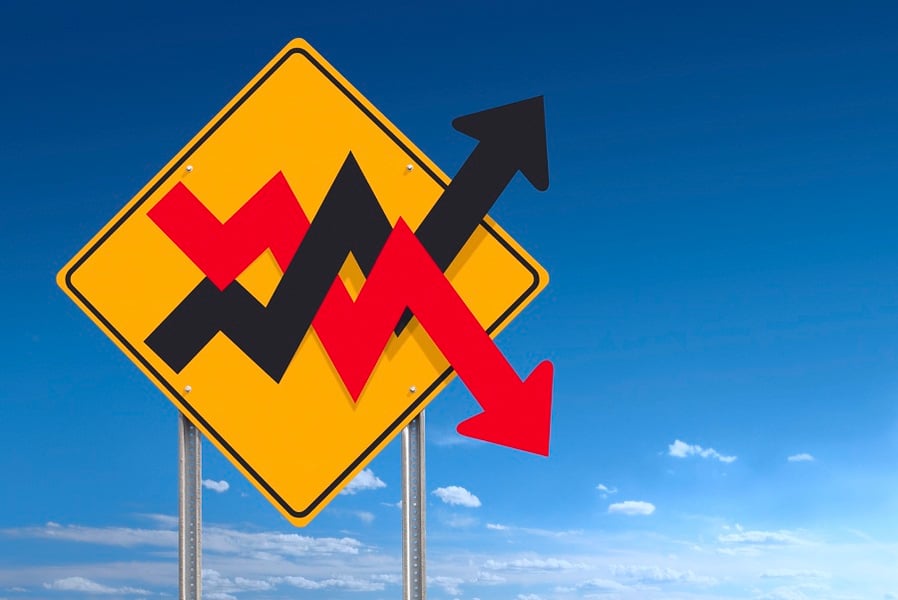Financial advisers are bracing for typical September stock market gyrations, that will likely include a few new twists related to the unorthodox presidential election.
Stocks rebounded slightly on Monday, following a jarring 2.5% drop on Friday that pushed the S&P 500 Index down to a two-month low.
Couple that with some Federal Reserve comments suggesting a pending rate hike, and the suddenly mysterious health issues surrounding Democratic presidential candidate Hillary Clinton, the markets now have plenty to fret over.
But the long view is still the focus for many financial advisers, who say their clients aren't even calling yet.
“I haven't had any recent client conversations about volatility, but I do think there is almost an expectation of increased volatility in the fall,” said Tim Holsworth, president of AHP Financial Services.
“It's become a seasonal fact of life, and of course, the upcoming elections are adding to the market gyrations,” he added.
September and October have historically been the most volatile months for stocks. But, dating back to 1928, September has produced an average loss of 1%, while October has averaged a 40 basis-point gain.
“Most everyone thought volatility, which results in market losses, was to increase in the fourth quarter, so our strategy over the summer was take gains on stocks, especially in the defensive dividend sectors, and rebalance,” said Mark Reitz, owner of Reitz Capital Advisors LLC.
“We continue to rely heavily on alternative holdings to drive income and deviate from the S&P 500,” he added. “All client communication over the previous few months has evolved around year-to-date gains and the chances of losing those gains on the year.”
Friday's market decline was the first pullback of 1% or more since early July, and some market watchers have attributed it to recent
comments by Boston Fed President Eric Rosengren, who supported global interest rate hikes.
“The market has been looking for an excuse to go down and it found it in Eric Rosengren's comments,” said Paul Schatz, president of Heritage Capital Management.
There has even been some speculation that the market is getting nervous as more news comes out
regarding the state of Mrs. Clinton's health.
Her campaign said she was suffering from pneumonia on Sunday after she had to leave early from a 9/11 ceremony in New York.
That line of thinking follows the argument that
anything that favors Republican candidate Donald Trump represents uncertainty, which Wall Street does not like.
Mr. Schatz doesn't believe Mrs. Clinton's health is being factored in yet.
“This market volatility has nothing to do with presidential politics, it is 100% Fed jawboning,” he said. “I still say the Dow is going to 19,000 on its way to 20,000, and investors should use any weakness to buy, because the election means nothing to the markets.”
Kashif Ahmed, president of American Private Wealth, acknowledges that both institutions and individual investors are waiting to see how the election shakes out, but he said the current market is just part of a market reality.
“Folks just need to grab a bag of popcorn and sit back, because there is a lot more volatility coming,” he said. “As financial advisers, we need to stay above and beyond it to be able to provide some context for what's happening.”
Mr. Ahmed said he is heavily allocated to cash going into the fall season, as a hedge against the seasonal volatility coupled with the added impact of the presidential election.
“I'm always telling my clients to be realistic about the markets, and that way I don't get the calls when the market declines,” he said. “I tell them that just because the market is up 8% over the past six months doesn't mean it will continue that way.”







